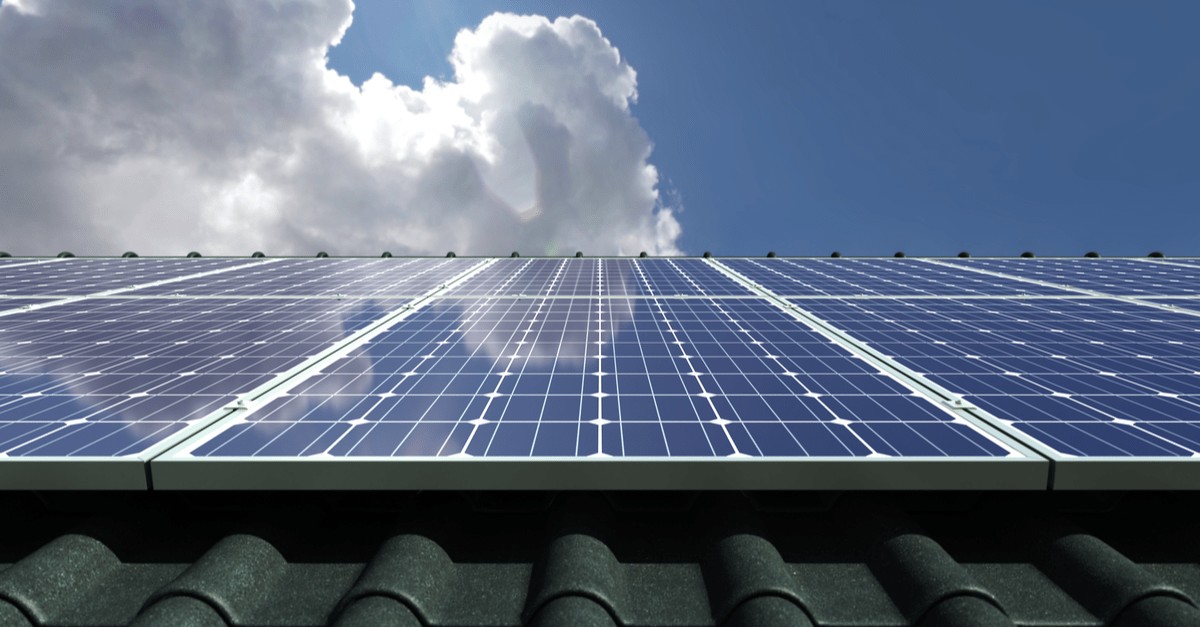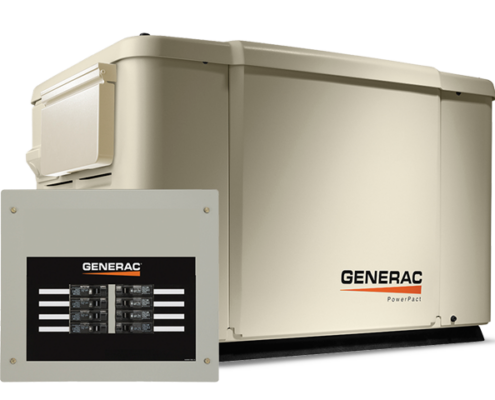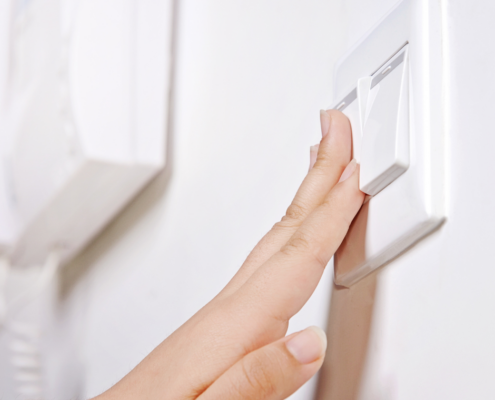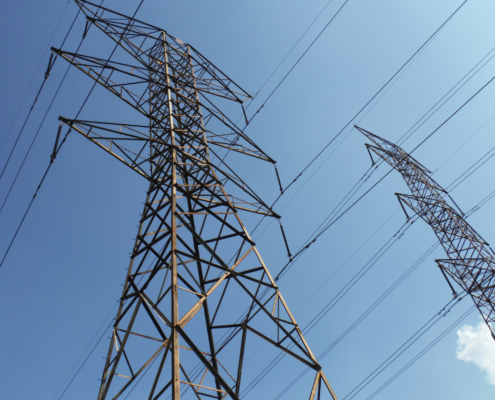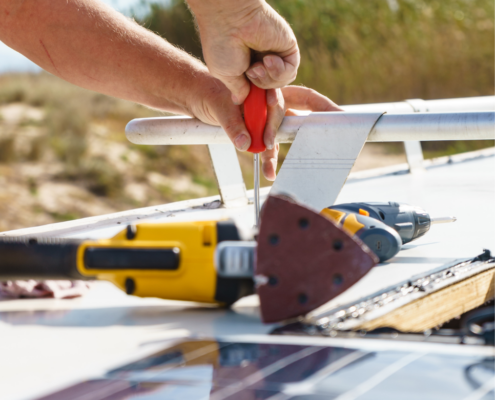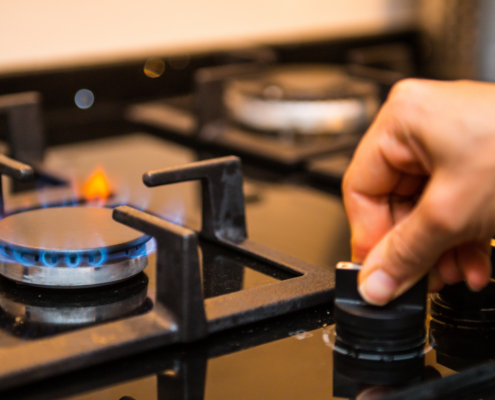Last Updated on May 9, 2023 by Mary Pressler
The Basics of Home Solar Systems
In simple words, solar panels can be described as the opposite of light bulbs. When a bulb is connected to the electric power, it produces light. On the other hand, when a solar panel receives light on its surface, it produces electricity. Actually, solar panels produce electricity with any light source, not only sunlight. However, it only makes economic sense to use sunlight, which is free and extremely abundant.
Solar panels have become popular in many states, since they can reduce electricity bills effectively. The typical service life of solar panels is over 25 years, while their payback period is less than 7 years in many states, or even less than 4 years with favorable conditions. The leading solar manufacturers offer 12-year warranties against product defects, ensuring that the initial investment is recovered.
The electricity from solar panels cannot be used directly by home appliances. They generate direct current (DC power), while appliances are designed for alternating current (AC power). However, solar panels are connected to special devices called inverters, which make their output identical to the power supply from the grid. Normally, when a solar power company gives you a system price, it includes the inverter and its connection to the grid.
Do Home Solar Systems Keep the Power On During an Outage?
Solar panels are different from diesel generators. When you use a diesel generator, it can continue producing electricity as long as there is fuel in the tank. On the other hand, solar panels depend on sunlight, which cannot be controlled. While both devices produce electricity, they are designed for different purposes:
- The main function of solar panels is reducing your power bills, and this is accomplished by generating electricity when sunlight is available.
- On the other hand, a diesel generator has the goal of keeping the lights on during an outage. However, when the electric service is operating normally, running a diesel genset is more expensive than using the grid.
Solar panels are not designed to keep the power on by themselves, since sunlight varies depending on the time of the day and the weather. To keep the power on with solar panels, they must be equipped with a battery system, which stores electricity to be used at any time.
- A battery system can be programmed to charge around noon, when solar panels are very productive.
- The stored electricity can be used at night, when solar panels are not generating power, or when there is a blackout.
How Do Home Solar Panels Tie to the Grid?
As mentioned above, solar panels are connected to an inverter, which conditions their power output to be just like the local electric service. As a result, the solar array can be connected to the grid, and both power sources are used together:
- When solar power generation is higher than home consumption, the extra electricity is sent to the grid, and you get credit for it.
- On the other hand, when solar generation is lower than home consumption, the difference is supplied by the grid and you are only charged for that energy.
The technical requirements for grid-tied solar panels change depending on the state and utility company, but the basic principle is always the same. There may also be differences in how you are paid for surplus production: some power companies give full credit for each kilowatt-hour, while others only give you partial credit.
From a financial standpoint, grid-tied solar power offers a better return on investment than stand-alone solar power with batteries for energy storage. However, batteries are becoming more affordable each year, and their payback period will continue improving. Currently, the addition of batteries makes the solar payback period 2-3 times longer.
Investing in a Home Solar System
Interested in installing solar panels? Our solar professionals can give you a free quote on residential and commercial PV panels and educate you on local incentive programs. Simply reach out using our contact form.
Quick Electricity Help Form
Contact Quick Electricity

